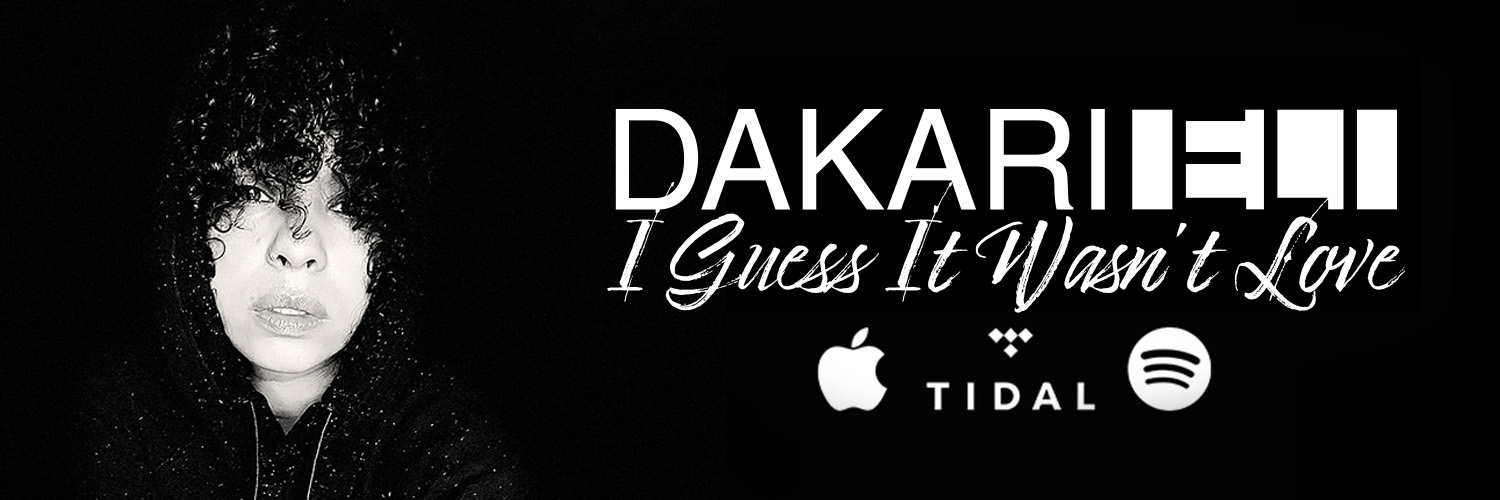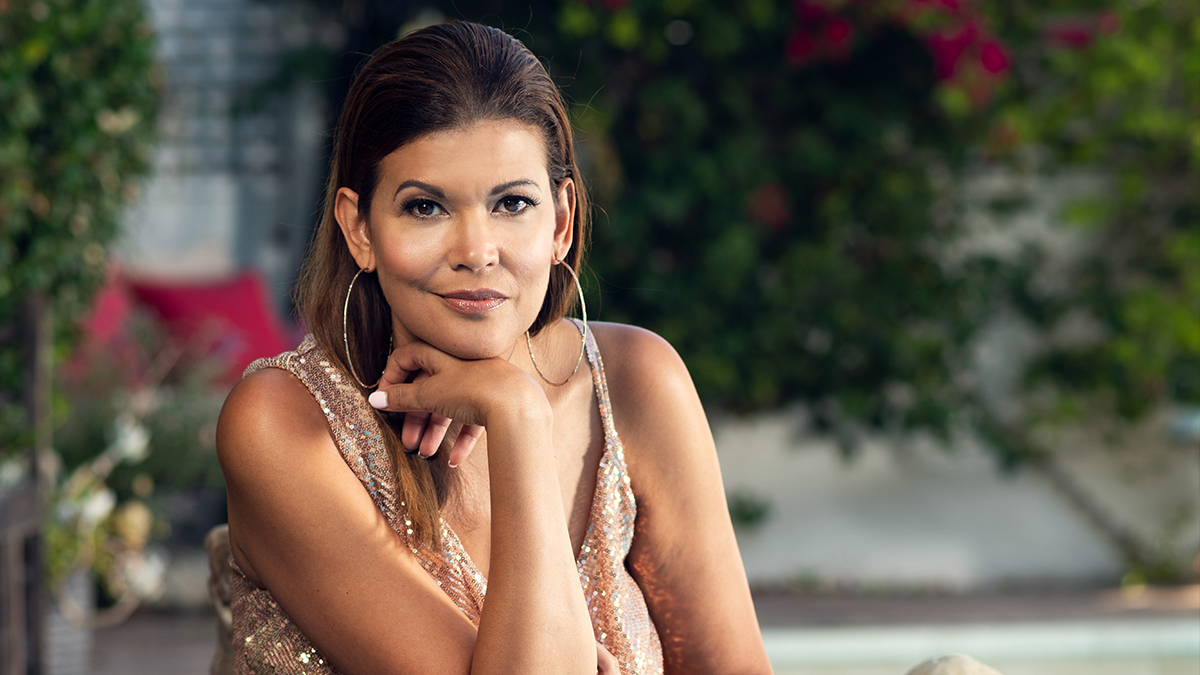Aida Rodriguez of Netflix’s “They Ready,” is a comedian that will make you laugh your ass all the way to the truth without making excuses as to why life’s circumstances can and will get the best of you most days. She is the full package: Brains, Beauty, and Humor. She is fearless in the projection of her perspective, which is to be respected, yet one can’t help but to admire the grace, wisdom, and raw humor that is exuded in her comedic performances.
During our interview, Aida effortlessly intertwined her personal life experiences, such as her struggles with colorism and eating disorders, with that of the current social and political climate. Her voice and role in the entertainment industry is not only for comic relief, but to help guide our urban communities by sharing doses of her truth to build a brighter future for all of whom she touches.
One such social issue that Aida mentions in her comedic skits is colorism. Being of Puerto Rican and Dominican descent, she shares her experiences, which, unfortunately, is commonplace in our communities. Aida had the displeasure of having to face this challenge very early on in life within her own family construct.
She stated, “I was told that I had scabies. My stepfather would call me ‘sarnosa’. He did it in a joking manner without realizing the kind of harm he was doing. The connotation is that being dark is bad, but where I grew up in Puerto Rico, my Puerto Rican family would celebrate your darker skin. It was like the more you were kissed by the sun, the more beautiful you were. I had this conflicting message that was coming from this very Eurocentric mentality that was held as being upwardly mobile, yet I was proud of my darker hue.”
Aida’s childhood memories of colorism left such an impact on her that she shares it to help break barriers within our social constructs. The message reads to uplift each other by accepting our various hues and let go of the stigmatized standards that have been pushed onto black and brown communities.
Despite the conflicting message of colorism at such a young age, Aida was and is proud of her culture. She reflects, “I did live in the Dominican Republic until my mom brought me back to the states. I like to tell people because a lot of Dominican people ask why I don’t ever claim my Dominican blood… But I didn’t grow Dominican. That doesn’t mean that I don’t love that part of me. I feel cheated. I grew up so Puerto Rican because I only grew up with my Puerto Rican family, eating Puerto Rican food, listening to Puerto Rican music… It’s funny because when I was little- when I would dance merengue, my mom would say it’s in her blood… I would dance Merengue like a Dominican. They couldn’t beat it out of me no matter much they tried.”
It is within this statement her audience can understand further the stories mentioned in her performances concerning her stepfather. Aida is successfully able to make painful experiences funny and transmute the energy by entertaining others, which is admirable.
Another big share that took place during the interview was about Aida’s experience as a model. Yes, this funny lady is not only hilarious, but she has modeling chops as well. Many people just see the finished product in fashion magazines, but there is a lot that goes into modeling. And, under poor guidance or a lack of professional and responsible supervision, the experience can be toxic and detrimental to the overall wellbeing of the young and eager. Aida’s story is a cautionary tale of how a dream can rapidly turn into a nightmare.
“I was scouted when I was a teenager. I was really tall. That wasn’t fun in idle school. It got cool later. Being racially ambiguous at the time when I was a teenager was the ‘in’ thing… A lot of that serves Eurocentric mentality. I just didn’t feel at home there. I knew it was harmful to me as a woman. I developed an eating disorder at a very young age, trying to fit a standard I would never fit because of the way I was built naturally because of my genetics. So, I tried my best to fit in for a while. I found myself binging, doing all kinds of diets, and abusing pills. I never felt at home doing that… My nature is being my ultimate self and everything in that told me not to be.”
Aida’s integrity is admirable and high-minded. She is a person that does what she says she is going to do and does it to the utmost of her ability. A prime example of her character, she is a big believer in “reaching back”, and she is “of” and not “above” the people. When she reaches back, it’s genuine and from the kindness of her heart. It’s the cornerstone of who she is. In doing so, she uplifts others to better positions with hopes that they would do the same for those in need. She not only does it in good faith but also in private.
“I always spend my time reaching back… It’s a reflection of who I am. I don’t believe that you have to be famous to reach back or that you have to be rich. You just have to be conscious that you have a certain level of privilege and you have something to give when you reach back. For me, I have always been involved in helping others. Even when I was homeless, people used to say that you have to take care of yourself first. I was like ‘when you can help somebody, you can help somebody.’ That, in turn, will help you. The universe opens up to people who give. I believe that.”
And that is what members of our community should aim to do, regularly. So, if you haven’t seen “They Ready” on Netflix yet, or if you didn’t know who Aida Rodriguez was, now you know. She is one that is authentic and inspiring, but as you’ve read, she is not one for excuses and believes in the betterment of our communities by walking the walk. She is a shining example of how one can rise above their circumstances and still win. Yes, she is here and “Ready” to create change, are you?
Dakari Eli






